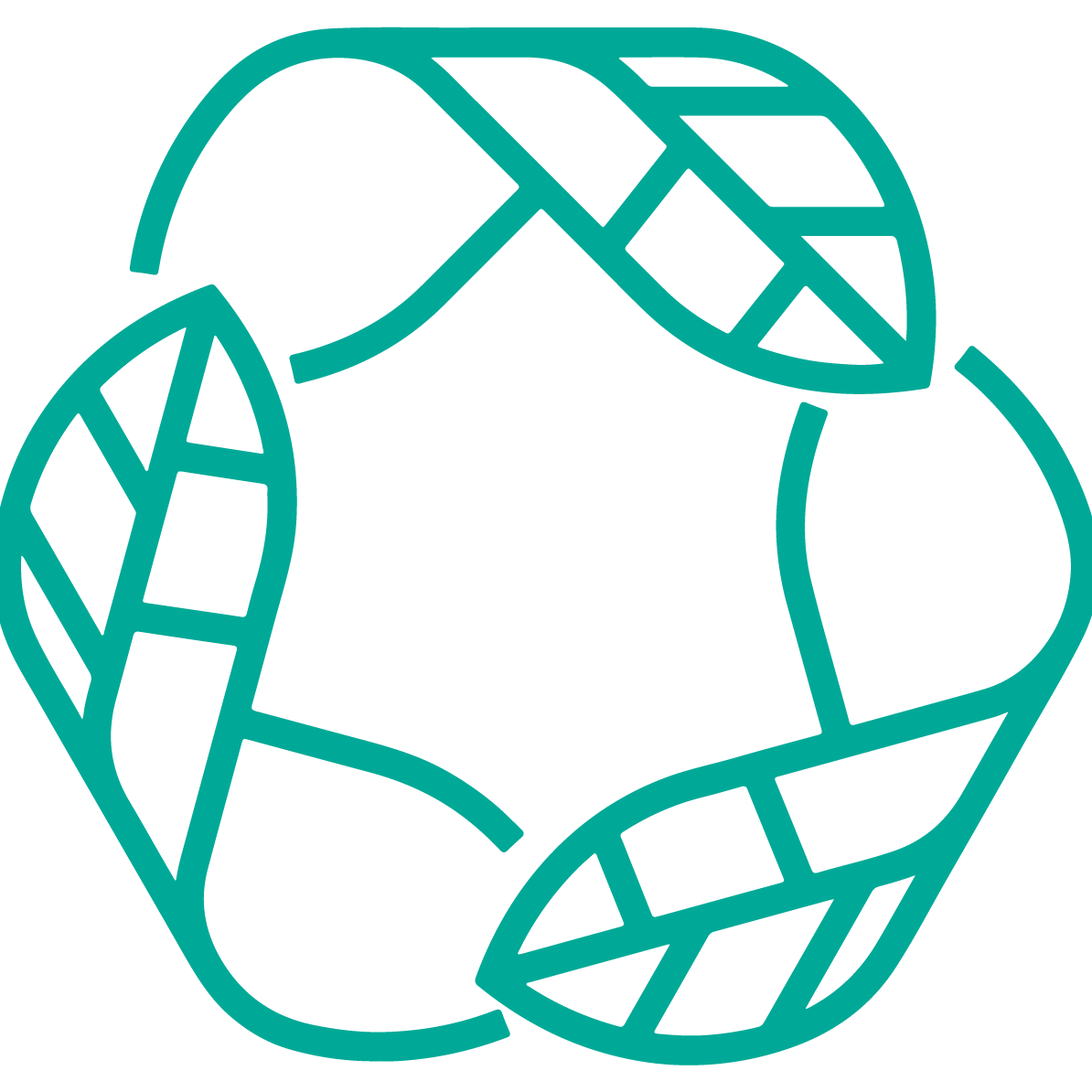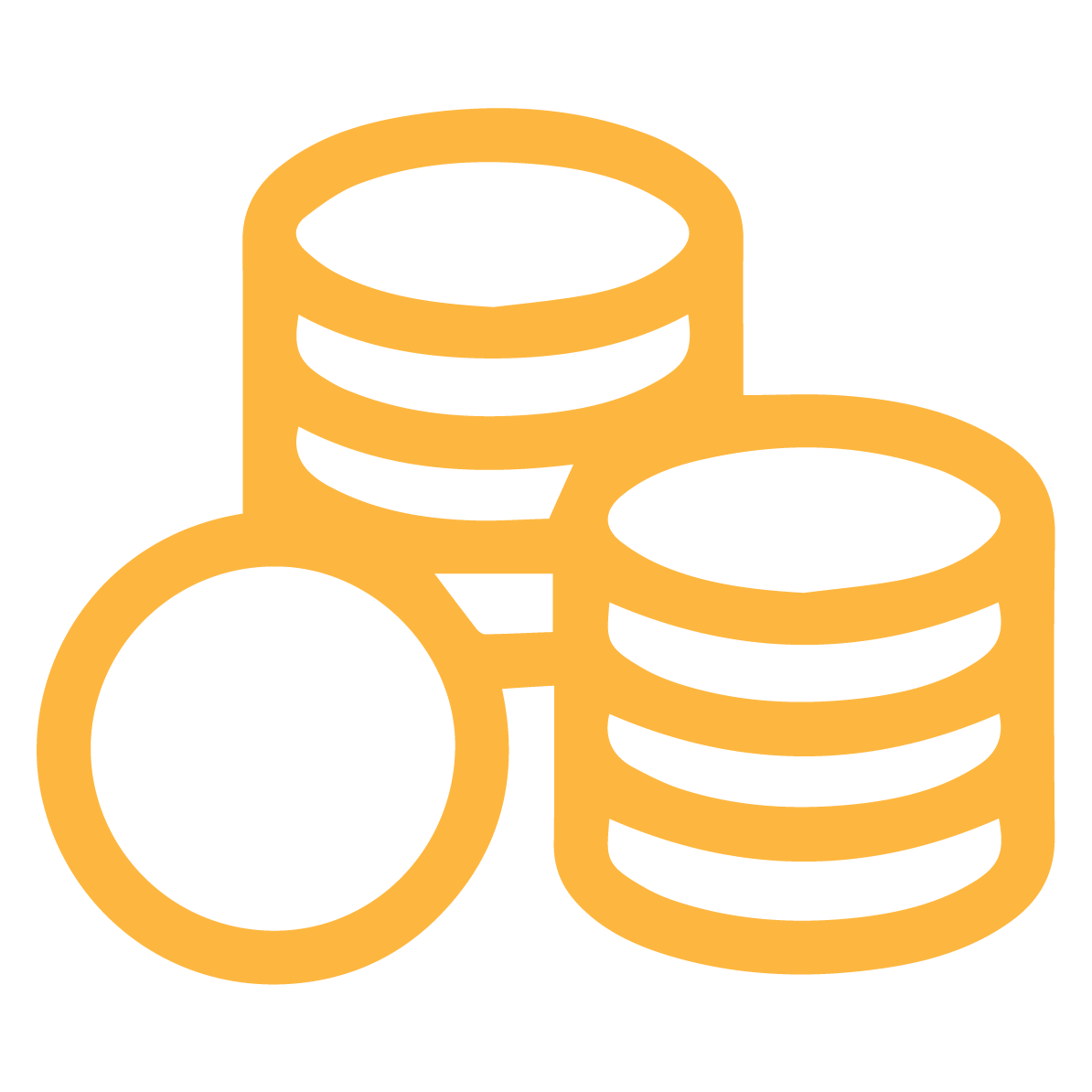Summary
Kiambu (Kiambu County) in Kenya is part of the Nairobi Metropolitan Region. It is located 14 km away from Kenya’s capital city Nairobi. In Kiambu, only 38% of waste is collected and 10% recycled. A new artificial intelligence-enabled technology aims to improve waste management in the Nairobi Metropolitan Region through automating the disposal, collection and recycling of solid waste
Background and Objective
Kiambu Municipality, located within the Nairobi Metropolitan Region, is partnering with De Graft Management Ltd. to develop an artificial intelligence-enabled technology to engage waste stream stakeholders in a single, centralized, secure cloud-based online platform. This allows stakeholders to automate, track and monitor the lifecycle of solid waste and it addresses key pain points of the sector. In 2018, Kiambu generated about 2,500 tons of waste per day of which only 38% were collected and 10% recycled. The technology was chosen because it will: Automate the disposal, collection, and recycling of waste for tenants, owners, landlords, property managers, waste collection and recycling service providers; Process waste management issues, complaints, feedback, requests for refuse and recycling bags and collections; Support regular and safe waste collection and recycling and improved health and safety; Automate communication and workflows between stakeholders via reporting and analytics; Incentivize tenants and owners via the incorporation of discounts on service charges levied by property managers based on the level of recycling undertaken; Provide service providers' analytics based on the amount and type of waste generated, collected, and recycled; Provide segregation of waste and recycling training through local partners; Build awareness of solid waste source separation and recycling as essential components of sustainable waste management; Improve the tenant/property management experience; reduce time logging and resolving issues. The key objective of the initiative is to improve overall waste management in the Nairobi Metropolitan Region, incentivize residents to recycle more, and raise awareness on waste management practices. During the development of the initiative, a discovery phase was conducted. As part of this stage, stakeholder meetings were organized to identify the key challenges in managing solid waste. This was done to ensure the technology developed is user-centred, fit for purpose and can address their specific needs. The key challenges are presented below: Waste generators Communicating feedback complaints and queries Lack of waste segregation Delays in waste collection Only 25% surveyed had received recycling training Waste collectors & recyclers No technology used to manage data Poor route planning leading & collection delays Unauthorised service providers, illegal dumping & cartels Contamination at source hampering segregation & recycling Lack of awareness of the importance of recycling County & Central Government Illegal dumpsites Limited waste source segregation Poor policy framework and enforcement Lack of incentives Lack of accurate data to inform decision making Currently across the majority of stakeholder groups data is managed manually using paper files and spreadsheets. For example, at central and government level only 10% use software to manage their data.
Actions and Implementation
Kenya’s National Environment Management Authority, the Kenya Association of Waste Recyclers and local waste management companies are also engaged in the project and will contribute to the piloting of the technology and adjustments to the technology design to ensure a fully user-centered approach. During a 4 month stakeholder engagement of the Discovery phase of this project the needs of property managers, waste generators, waste collectors, waste recyclers, central and local government were identified. A number of 26 stakeholders across these solid waste streams were engaged via meetings, presentations, surveys, user demos and users testing. The monitoring and evaluation is done together with the University of East London as part of the ARENA Project (Advancing Resource Efficiency & Urban Ecology Innovations). This will enable an analysis of the impact of the waste technology in Kenya. The initial results of the UEL ARENA study support a quantitative comparison between GHG impacts of alternative scenarios of municipal waste management in Kenya with and without implementation of the DGM MSW management solution. Medas., M and Ayati., B., 2021., Life-cycle assessment of alternative waste management options in Kenya (internal study, University of East London).
Outcomes and Impacts
The project is still ongoing, but expected impacts and results include a significant reduction of waste generation and increased recycling, improved and more regular waste collection, more efficient disposal system, and reduced GHG emissions from landfills. To this point, waste and recycling segregation trainings with local partners were delivered as part of a Waste & Recycling Training Sessions designed to raise awareness on waste recycling. The stakeholder engagement sessions have underlined the importance of delivering these training sessions in tandem with the tech delivery team and emphasised the need for our tech. As a result we have developed a 40 slide training presentation, script and delivery plan for all stakeholders. The intended impacts of the technology includes: Improved property manager/waste generators relationship Increase efficiencies & productivity Support remote working during & beyond COVID-19 Data & analytics – improve management decision making Environmental impact will be improved air quality via lowered emissions, promotion of sanitation services and improved collection and recycling. Raise awareness & support recycling Ssustainability Report - reporting on the sustainability outputs
Sustainability and Scalability
Long-term sustainability of the project is ensured through fostering local ownership of the technology and a broad range of benefits for different stakeholders. There is a huge potential for replication and upscaling within Kenya and Africa, given that more than 90% of waste generated on the continent is still burned or disposed of at uncontrolled dumpsites and landfills. De Graft Management Ltd is already working with local partners in Gambia, Ghana and Sierra Leone to also deploy the technology there. Key lessons learned so far include the importance of recycling training to build awareness of solid waste source separation and recycling as essential components of sustainable waste management. Additionally, maintaining accurate data to inform decision making is equally important.
Gender and Social Inclusivity
DGM is a black, female founded company. We champion gender equality, diversity and inclusion enhancing team morale and performance We work with a diverse group of stakeholders. We aim to create role models by working with marginalised and lower socio-economic groups and contributing positively to their communities Anonymised surveys are used to monitor participation in the project by gender, race, disability, religion and age and feedback incorporated into the final project report We address unconscious bias in Artificial Intelligence (Al) processing
Innovative Initiative
This solution is innovative as it advances property and asset management technology and introduces new business standard. The technology automates remote working and replace manual systems to help our clients recover from the constraints on collection and service provision resulting from the social distancing requirement of Covid-19. It will automate remote contact with waste stream stakeholders and unlock innovation opportunities in waste management through: • Automated waste disposal, collection and recycling • Processing of waste management issues, complaints, feedback, payments, requests for refuse & recycling bins & bags • Automated communication/workflows between stakeholders via reporting and analytics • Incentives for occupiers via service charge discounts levied by property managers based on recycling levels • Analytics based on the amount and type of waste generated, collected and recycled and good practices in waste management.
Resources devoted to delivery
The budget for the first phase of the initiative (focused on waste collectors, recyclers & government) is $250,000 USD We have received some funding from Innovate UK and Connected Places Catapult. De Graft Management (DGM) is an award-winning, highly experienced team skilled in user-centred R&D, software development and project management in the UK and Africa. DGM is a female Project team of Black British/African heritage. DGM is developing an AI Waste Management (AIWM) platform in .net, Python, SQL and MySQL
Conclusion
The novel technology introduces ways to reshape the data management of the solid waste system. The technology provides options to unlock new opportunities such as introducing training to build awareness of solid waste source separation and recycling as essential components of sustainable waste management
Region
Sub-Saharan Africa
Award Scheme
Others
Themes
Waste Management
Start Year
Sustainable Development Goals
Goal 11 - Make cities and human settlements inclusive, safe, resilient and sustainable
New Urban Agenda Commitments

